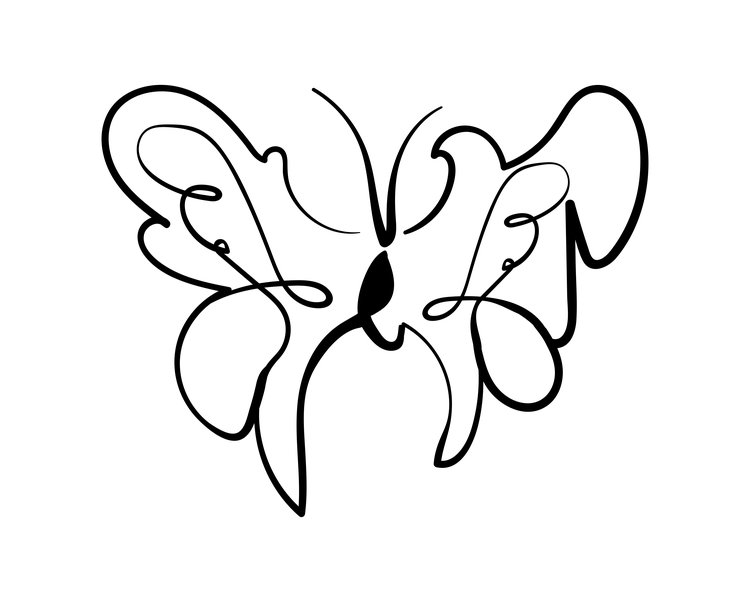Despite the growing awareness of mental health, therapy remains one of the most misunderstood resources in our society. Misconceptions continue to stigmatize the therapeutic process, preventing people from seeking the support that could greatly improve their lives.
Below are five of the most common myths about psychotherapy, and the truths that can help replace fear with understanding.
1. “If I go to therapy, it means I’m crazy or weak.”
Let’s be clear: seeking therapy is not a sign of weakness; it’s a sign of strength.
According to the National Institute of Health, 14.8 million American adults experience depression, 40 million struggle with anxiety, and 5.7 million live with bipolar disorder. These numbers reflect how common emotional and psychological challenges are. Yet, despite this, stigma persists.
Therapy isn’t about labeling people as "crazy." It's about equipping individuals with tools to navigate life’s challenges, improve self-awareness, and cultivate healthier ways of thinking and responding. Seeking therapy is a courageous act of self-exploration and growth. It’s choosing mindfulness over autopilot, authenticity over avoidance.
2. “Therapy will fix me, and the therapist will give me advice.”
This is one of the most common misunderstandings. Therapy is not about “fixing” you; you are not broken.
A good therapist doesn’t offer advice like a friend might. Instead, they serve as a mirror, helping you reflect on your experiences, choices, and patterns with greater clarity. Therapy is a collaborative process, not a quick fix.
In fact, therapy works best when the client is actively engaged. The goal is not dependency, it’s empowerment. A skilled therapist supports you in developing insight and agency so that you can take full ownership of your life and choices.
3. “My therapist can’t help me unless they’ve been through the same thing.”
While it’s human to seek understanding from shared experiences, effective therapy doesn’t require your therapist to have lived through your exact situation.
That’s because therapy is built on the foundation of empathy, attunement, and emotional insight, not sameness. A strong therapeutic relationship, grounded in trust, compassion, and authenticity, is more impactful than shared life experiences.
A well-trained therapist can connect with your core emotions, validate your pain, and help you grow, even if their story differs from yours.
4. “Therapy will take forever.”
The duration of therapy depends on your goals, motivation, and the complexity of your challenges. Some benefit from short-term therapy focused on a specific issue, while others engage in longer-term work for more profound healing and growth.
The purpose of therapy is not to keep you in it forever, it’s to help you become independent, self-aware, and equipped to handle life on your own terms.
5. “If I go to therapy, everyone will know about my personal life.”
Confidentiality is a cornerstone of ethical therapy. Federal and state laws protect your privacy, and strict confidentiality codes bind mental health professionals.
Unless you are at risk of harming yourself or others, what you share in therapy stays in therapy. This protection fosters a safe, trusting environment—one where you can open up without fear of judgment or exposure.
In Closing
Therapy is not reserved for the broken or weak; it’s for anyone brave enough to look inward, explore their patterns, and pursue a fuller, more conscious life.
At Oaks Counseling Center, we believe that mental wellness is a journey of courage, curiosity, and compassion. If you're considering therapy, know that you're not alone, and you're taking a powerful step toward your well-being.
Noosha Daha, LMFT
Founder & Licensed Marriage and Family Therapist
Oaks Counseling Center | Encino, CA

